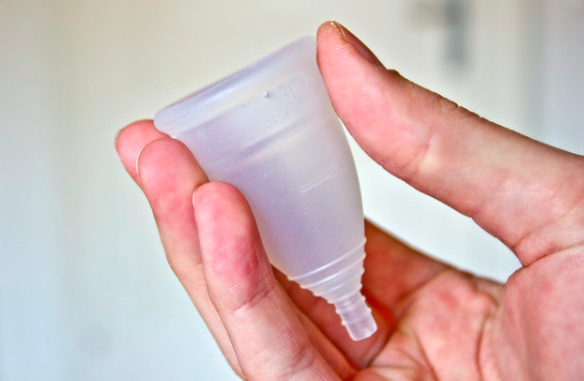It’s something women deal with every month over the course of years, but menstrual cycles stump even mature women. It’s hard to know what’s normal and what’s not. But it’s vital to get correct information regarding your period. It can provide clues to your health and well being and you don’t need to go it alone. Before approaching your doctor, do your part to be educated about your own body.
Start off by tracking your period. Keep digests of when it starts and stops, how many days it lasts, how heavy or light it was and if there was any pain associated with your period. Also, you may want to keep track of your sexual activity, medications, diet and work out schedule as they can all affect your period. Information like this can help create a dialogue with your doctor and get to the bottom of a potential issue.
Some recommended questions from kidshealth.org and the Mayo Clinic for your OB/GYN include:
What causes menstrual irregularities?
What can I do to decrease menstrual irregularities?
Will menstrual irregularities keep me from getting pregnant?
What are the exams I need to schedule to maintain my gynecological health?
Do you think I could be pregnant?
Do you think I have an STD?
What are options outside of tampons and pads for my period?
When should I see you about a menstrual irregularity?
Remember you can’t ask too many questions of your doctor. It’s his/her job to listen and your job to communicate. www.womenshealth.gov www.kidsheatlh.org www.mayoclininc.com




